When choosing a dog, many people focus on temperament, size, or grooming needs—but health should be a top priority too. Some breeds are more prone to hereditary conditions like hip dysplasia, eye problems, or heart disease. Others, often due to responsible breeding or genetic diversity, are known for being relatively healthy. Here are 10 dog breeds that tend to have fewer hereditary health issues, making them great choices for those seeking long-term companionship.
Australian Cattle Dog
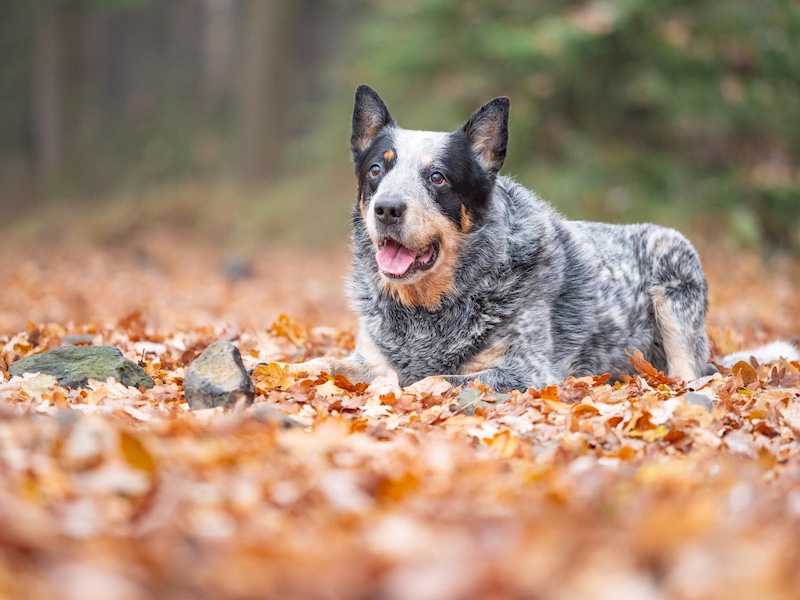
The Australian Cattle Dog is known for its hardiness and endurance. Originally bred for herding livestock in tough conditions, this breed has a reputation for longevity and few genetic issues. Regular vet checkups and plenty of exercise can help this already-healthy dog thrive well into its teens.
Border Terrier

Small but mighty, the Border Terrier is one of the healthier terrier breeds. They were bred to be tough, agile hunting companions, and they generally suffer from fewer hereditary conditions than many other small breeds. With a proper diet and regular activity, they often live long, active lives.
Basenji

Basenjis are unique in many ways—they rarely bark, groom themselves like cats, and have a low incidence of genetic disorders. Although they can be prone to a few conditions like Fanconi syndrome, responsible breeders often screen for these issues. On the whole, they are one of the healthier hound breeds.
Belgian Malinois
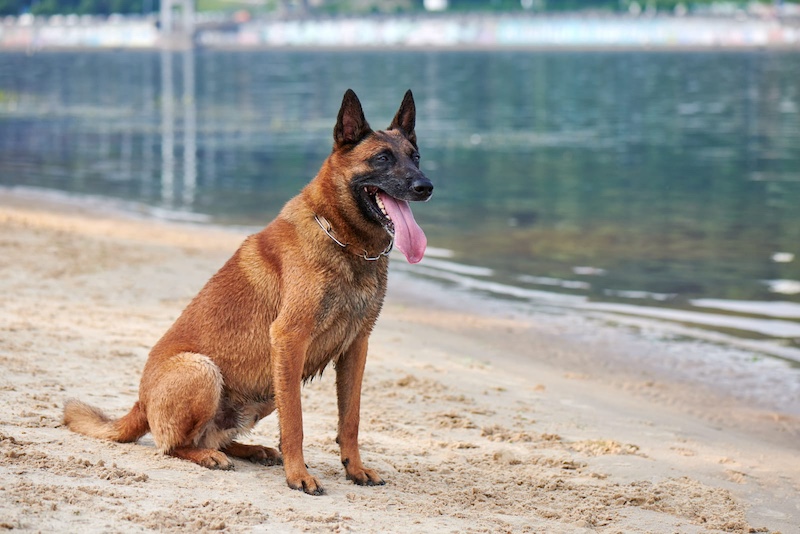
The Belgian Malinois is a top choice for police and military work—and for good reason. This breed is agile, intelligent, and surprisingly sturdy. It suffers from fewer genetic conditions than many other large breeds, especially when sourced from working lines rather than show-focused breeders.
Shiba Inu

With their fox-like looks and independent personalities, Shiba Inus are also among the healthier dog breeds. While they may occasionally experience allergies or joint issues, major hereditary problems are rare. Their compact size and sturdy build contribute to their overall robust health.
Greyhound
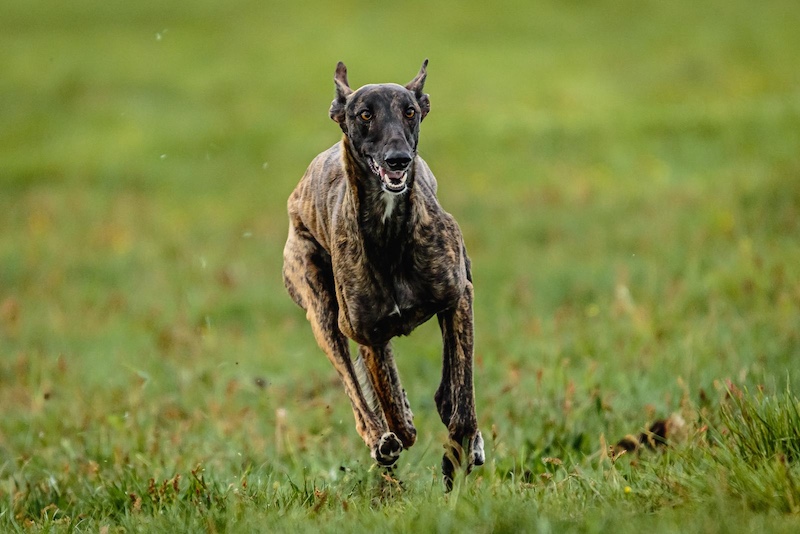
Despite their reputation for speed, Greyhounds are incredibly laid-back and gentle. They’re also surprisingly healthy, especially when compared to other large breeds. Hip dysplasia is uncommon, and they are less likely to suffer from heart or eye problems. Retired racing Greyhounds in particular often live long, healthy lives when transitioned into a home environment.
Beagle
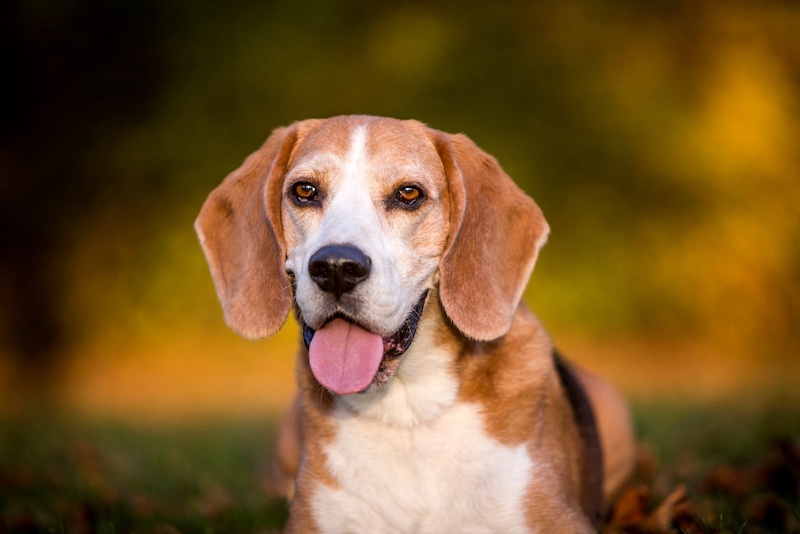
Beagles are generally considered one of the more resilient breeds. While they can be prone to ear infections due to their floppy ears, they have fewer major hereditary conditions than many dogs of similar size. Their sturdy build and active lifestyle contribute to their overall good health.
Ibizan Hound
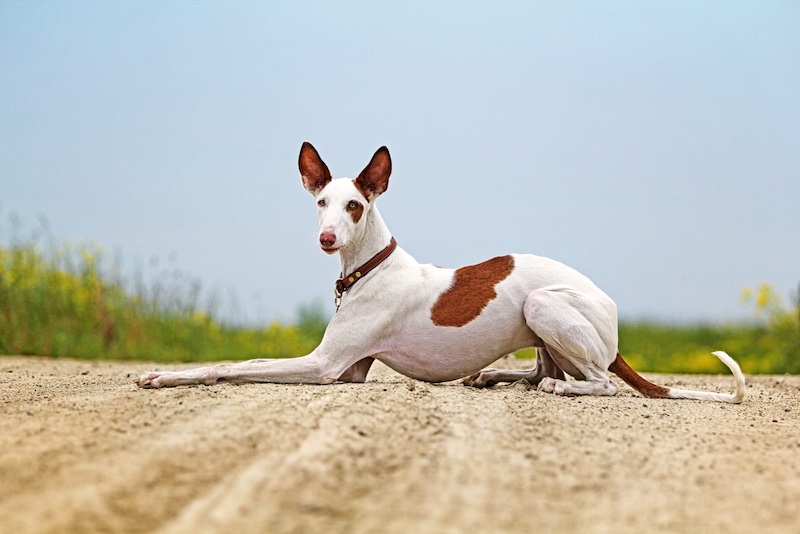
Sleek and athletic, the Ibizan Hound is a lesser-known breed that enjoys excellent genetic health. These dogs have been bred with functionality in mind, which has helped keep major hereditary problems at bay. They do well with an active lifestyle and regular care.
Standard Poodle

The Standard Poodle—not to be confused with its smaller counterparts—is among the healthiest of the intelligent, highly trainable breeds. While some lines may carry risks for bloat or hip dysplasia, responsible breeding has helped reduce the prevalence of many genetic conditions. They tend to live long, energetic lives.
Norwegian Elkhound
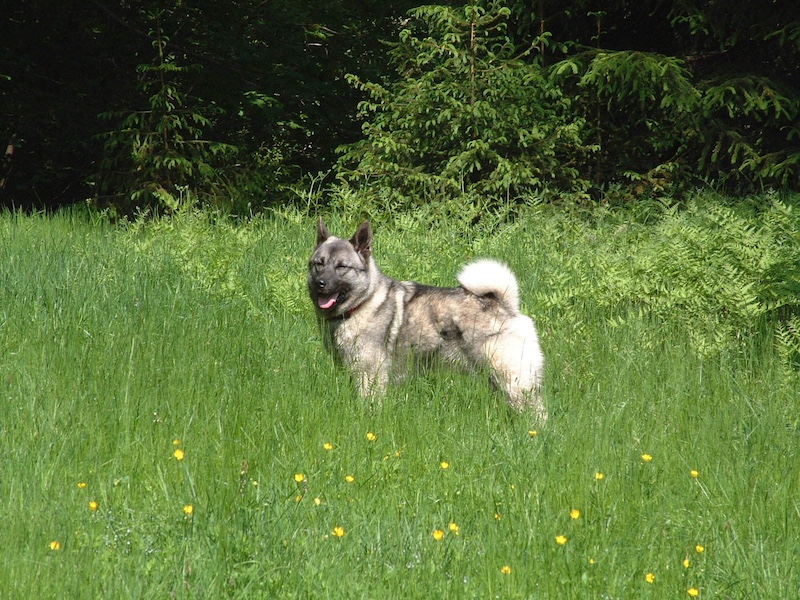
This ancient Nordic breed was developed for hunting large game in harsh environments, and its robust health reflects that origin. Norwegian Elkhounds are known for their resilience and typically experience fewer hereditary problems than other medium-sized breeds. With proper exercise and care, they are loyal, long-lived companions.
- Please Note: This content was created with the assistance of AI and thoroughly edited by a human before publishing.

